Delving into the life of Julius Caesar opens a window into the tumultuous history of ancient Rome. From his early rise to power, military conquests, and the fateful Ides of March, Caesar’s story captivates and illuminates the complex political and social landscape of the era. On this private walking tour, visitors can explore the landmarks that bear witness to Caesar’s legacy, uncovering the fascinating details that made him one of the most influential figures in Roman history. As they navigate the streets of Rome, they’ll gain a deeper understanding of the pivotal role Caesar played in shaping the course of the ancient world.
Key Points
- Trace Caesar’s early life and rise to power in Rome, including military service, election as consul, and formation of the First Triumvirate.
- Explore Caesar’s conquest of Gaul, which significantly expanded the Roman Empire and contributed to his rise to power.
- Understand the events leading up to Caesar’s assassination on the Ides of March, including the plot by Cassius and Brutus.
- Examine Caesar’s lasting impact on Rome, including his military conquests, governance reforms, and the transition from Republic to Empire.
- Visit key landmarks associated with Caesar’s life and legacy, such as the Roman Forum, Capitoline Hill, and the site of his assassination.
Tracing Caesar’s Early Life
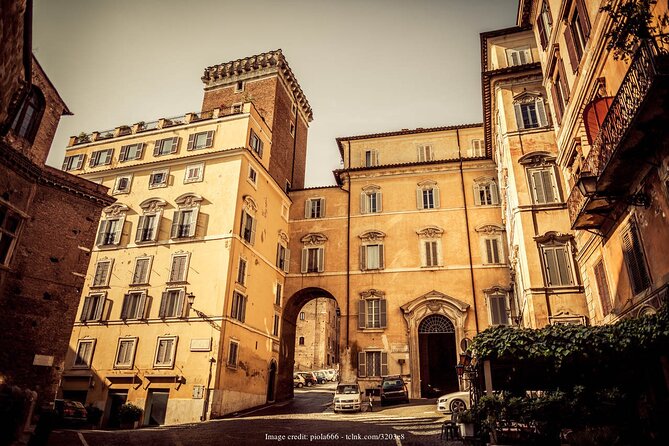
The tour begins by tracing the early life of Julius Caesar, one of the most influential figures in Roman history.
Guests will explore the birthplace of Caesar, discovering the humble origins of the legendary leader.
The guide delves into Caesar’s youth, recounting his formative years and the events that shaped his ambition and political acumen.
Visitors learn about Caesar’s rise through the ranks, from his service in the military to his election as consul.
Throughout the tour, the guide provides insights into the cultural and historical context that gave rise to Caesar’s remarkable journey, setting the stage for his eventual ascension to power and his legacy as one of Rome’s most celebrated figures.
Want to keep it personal? More private experiences we love in Rome
Rise to Power in Rome
From his early military exploits and political maneuverings, Julius Caesar’s rise to power in Rome unfolded through a series of strategic moves that solidified his position as a dominant force in the Roman Republic.
He formed the First Triumvirate with Pompey and Crassus, combining their political and military might.
Caesar’s conquest of Gaul expanded Rome’s territory and boosted his popularity.
After Crassus’s death, Caesar’s rivalry with Pompey escalated, leading to civil war.
Caesar’s decisive victory at Pharsalus in 48 BC established his sole rule.
He was appointed dictator for life, but his assassination in 44 BC marked the end of the Roman Republic and the beginning of the Roman Empire under his adopted son Octavian.
Conquering Gaul and Beyond
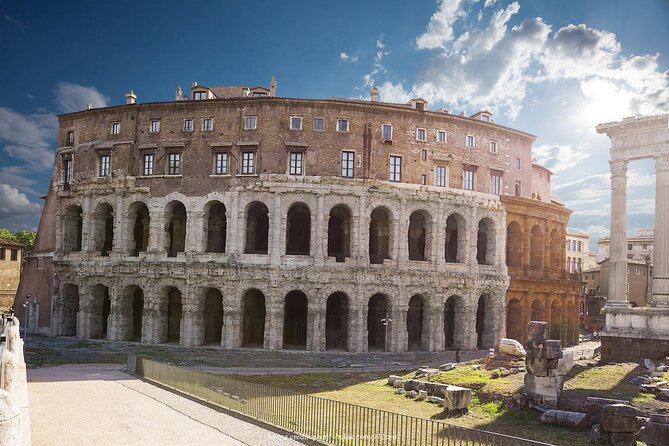
Julius Caesar’s conquests in Gaul cemented his reputation as a brilliant military commander and expanded Rome’s reach across Europe.
Over an eight-year campaign, he led his legions to subjugate the Celtic tribes, incorporating modern-day France, Belgium, and parts of the Netherlands and Switzerland into the Roman Empire.
Caesar’s victories weren’t without controversy, however. His ruthless tactics, including the massacre of entire populations, drew criticism even from his supporters.
Nevertheless, his military prowess and adept political maneuvering solidified his position as a rising star in Rome.
- Caesar’s conquest of Gaul demonstrated his strategic genius and military might.
- His harsh treatment of conquered tribes sparked outrage, even among his allies.
- The expansion of the Roman Empire under Caesar’s leadership paved the way for his eventual rise to power.
The Ides of March
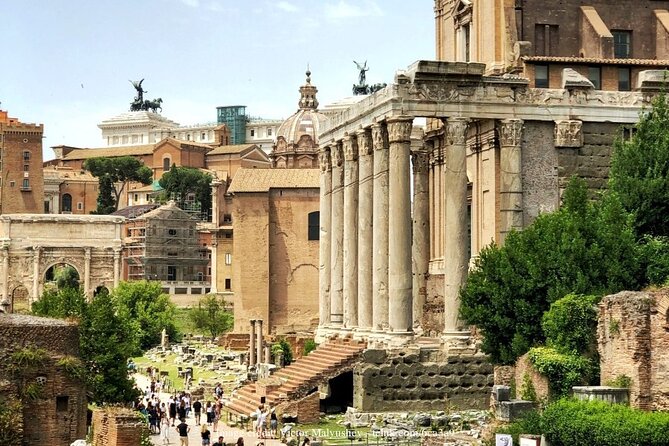
On the fateful Ides of March in 44 BC, a group of senators, led by Cassius and Brutus, conspired to assassinate the increasingly powerful and ambitious Julius Caesar. The plot unfolded at a meeting of the senate, where the conspirators surrounded Caesar and brutally stabbed him 23 times. Despite Caesar’s pleas, he succumbed to his wounds, marking a pivotal moment in Roman history.
| Conspirator | Motivation | Role | Outcome |
|---|---|---|---|
| Cassius | Resentment of Caesar’s growing power | Orchestrated the plot | Died by suicide after the assassination |
| Brutus | Believed Caesar’s ambition threatened the Republic | Dealt the first blow | Later defeated in civil war and died by suicide |
| Servilius Casca | Sought to restore the Republic | Delivered the first stab wound | Pardoned by Caesar’s heir, Octavian |
Caesar’s Impact on Rome
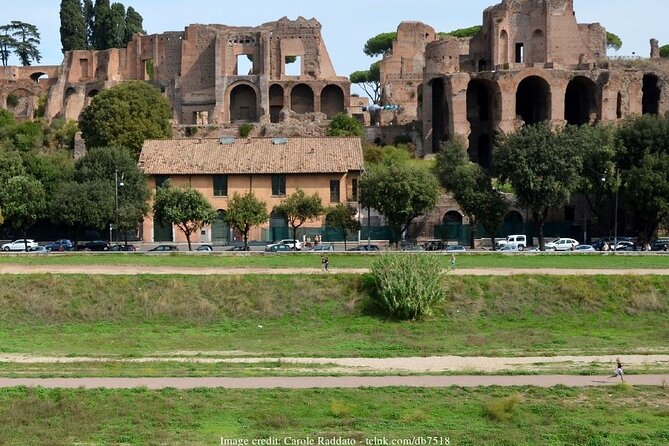
Caesar’s assassination on the Ides of March marked a pivotal moment in Roman history, the ramifications of which would reverberate for generations. His impact on Rome was immense, transforming the Republic into an Empire and laying the foundation for 400 years of Roman dominance.
-
Caesar’s military conquests expanded Rome’s borders, making it the most powerful force in the Mediterranean world.
-
His reforms modernized Roman governance, improving efficiency and reducing corruption.
-
Caesar’s legacy as a visionary leader and skilled strategist cemented his place as one of history’s most influential figures, whose impact can still be felt today.
If you're enjoying exploring Rome on foot, you'll love these other walking tours we recommend
Visiting Caesar’s Landmarks
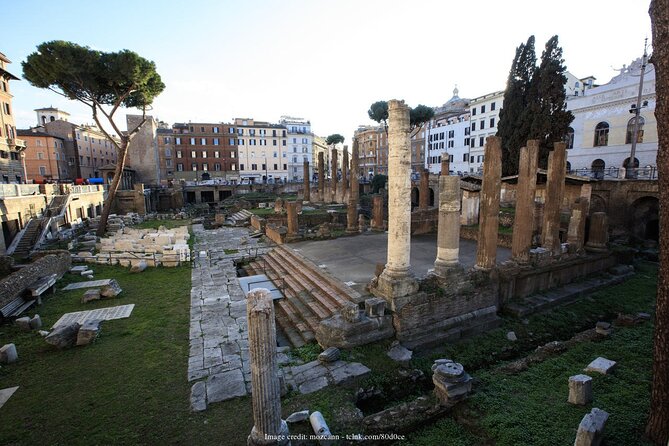
Exploring the landmarks that witnessed Caesar’s remarkable life and legacy is a captivating way to take in the history of ancient Rome. This private walking tour in the heart of the Eternal City guides visitors through the very places where Caesar’s story unfolded, allowing them to connect with the past in a profound way.
| Landmark | Significance |
|---|---|
| The Monument to Giuseppe Mazzini | The meeting point, where the tour begins |
| The Largo di Torre Argentina | The site of Caesar’s assassination, marking the end of the tour |
| The Roman Forum | The center of political and social life during Caesar’s time |
| The Capitoline Hill | Where Caesar celebrated his triumphs and was granted divine honors |
| The Curia | The Senate House, where Caesar was murdered by the conspirators |
Exploring the Roman Forum

As the tour delves into the Roman Forum, visitors are transported back in time to witness the epicenter of ancient Roman civilization. Amidst the imposing ruins, they’ll explore the remnants of grand temples, towering arches, and bustling marketplaces that once defined the heart of the Roman Empire.
-
The awe-inspiring sight of the Arch of Titus, a monument commemorating the Roman conquest of Jerusalem, evokes a sense of the grandeur and power that once reigned in this historic site.
-
Wandering through the crumbling structures, visitors can almost hear the echoes of the lively debates and political maneuverings that shaped the course of Roman history.
-
The tranquil setting belies the turbulent past, inviting reflection on the rise and fall of one of the world’s greatest civilizations.
Tips for the Walking Tour
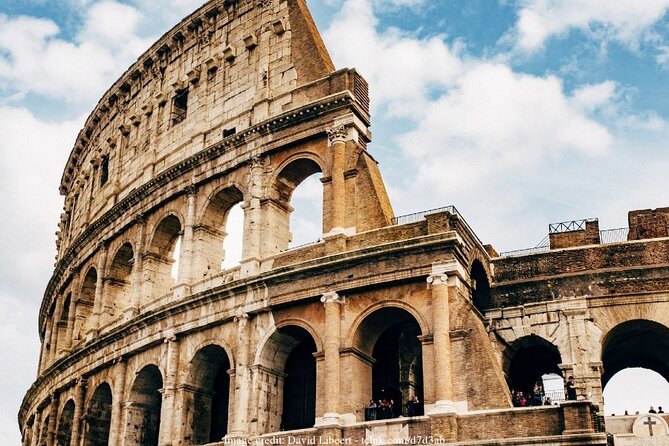
To make the most of the Rome Private Half-Day Walking Tour, visitors should wear comfortable walking shoes and dress for the weather. The tour covers a lot of ground, so being prepared with proper footwear and clothing is essential.
Participants should also bring water and snacks, as the tour doesn’t include a scheduled food break. Plus, bringing a small bag or backpack to carry personal items is recommended.
The tour is private, so visitors can move at their own pace and ask the guide questions throughout the experience. By being prepared, guests can fully enjoy the rich history and culture of ancient Rome during this comprehensive walking tour.
Frequently Asked Questions
Is Photography Allowed During the Tour?
Yes, photography is allowed during the tour. The tour overview states that time for photos is included as one of the tour inclusions.
Can the Tour Be Customized for Specific Interests?
The tour can be customized to accommodate specific interests. Travelers can discuss their preferences with the tour operator and the private guide will then tailor the itinerary accordingly to ensure a personalized experience.
What Language(S) Are the Tours Conducted In?
The tours are typically conducted in English. However, some tour operators may offer the option to have the tour in other languages, such as Italian, French, or Spanish, depending on the guide’s abilities and the group’s preferences.
Is There a Minimum Group Size Requirement?
The tour has no minimum group size requirement. It’s a private activity, so only the customer’s group participates. The price varies based on the group size, making it a flexible and customizable experience.
Can the Tour Be Extended for an Additional Fee?
The tour can likely be extended for an additional fee, though this is not explicitly stated in the provided information. Customers would need to inquire with the tour operator about the possibility and cost of extending the tour.
Recap
Exploring the life and legacy of Julius Caesar on a private walking tour in Rome provides a captivating glimpse into ancient Roman history. Visitors can follow in Caesar’s footsteps, visiting key landmarks and uncovering the intrigue, ambition, and political machinations that shaped his remarkable rise and tragic end. This immersive experience brings the past to life, leaving travelers with a deeper appreciation for the profound impact of one of history’s most influential figures.
More Walking Tours in Rome
- World War II Sights in Rome Private Walking Tour With Guide
- Rome by Night – Walking Tour With Guide
- Private San Paolo Walking Tour With Typical Italian Apericena
- Explore Romes Heart: A Captivating Walking Tour
- Rome by Night Walking Tour With Local Guide & Must-See Sites All Lit-Up
- Rome Streetfood Walking Tour With Friendly Local Guide
More Tours in Rome
- Rome: Popes Lake, Kayak Tour With Swimming & Roman Pizza
- Rome: Trastevere and Roman Ghetto Guided Walking Tour
- Private Tour of the Vatican Museums and Sistine Chapel
- Rome: Trastevere Food and Wine Tasting Tour
- Borghese Gallery VIP Tour – Skip the Line Tickets
- Group Tour: Colosseum, Roman Forum &Palatine Hill Guided Tour
More Tour Reviews in Rome
- Dark Heart of Rome: Facts, Legends, and Mystery Tour
- Rome: Colosseum & Forum With Audio Guide App -Optional Arena
- Dark Heart of Rome – Facts, Legend & Mystery Walking Tour
- Rome: Colosseum, Ancient Rome Tour or Self AudioGuided Tour
- Rome: Trevi Fountain, Spanish Steps & Pantheon Walking Tour
- Rome: Basilica of San Clemente, San Giovanni, and Scala Santa
Not for you? Here's more things to do in Rome we have recnetly reviewed
- Rome: Trastevere and Jewish Ghetto Highlights Tour
- Vatican City: St. Peters Basilica Walking Tour
- Rome: City Highlights Small Group Walking Tour by Night
- Rome: Castel SantAngelo Skip-the-Line Entry Ticket
- Rome: Skip-the-Line Castel SantAngelo Tickets & Audio Guide
- Rome: Treasure Hunt for Kids and Families Trevi and Pantheon
- Secrets of the Passetto: Vaticans Hidden Path of Mystery
- Rome: Jubilee Pilgrimage Walking Tour
- Rome: In-Depth St. Peters Basilica Tour With Tour Guide
- Rome: Trastevere & Tiber Island Street Food Tour at Sunset
- Rome:St. Peters Basilica Tour, Exclusive Underground Access
- Rome: Castel Sant’ Angelo Ticket and Audio Guide
